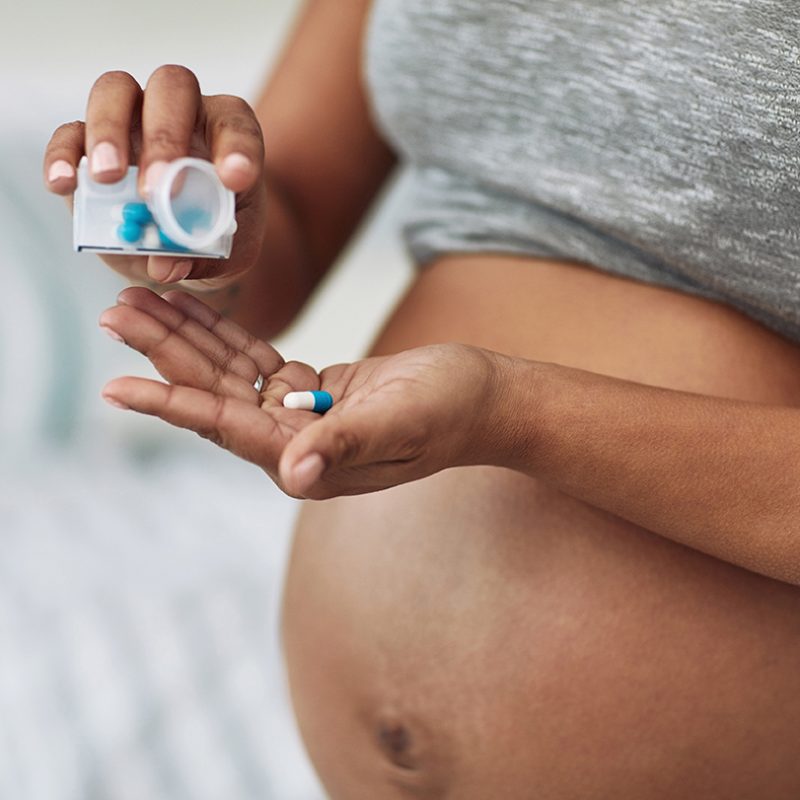
Three epilepsy charities have launched a new survey to determine the level of awareness around the risks of taking certain epilepsy medicines during pregnancy.
Epilepsy Action, Young Epilepsy and Epilepsy Society have put together the Epilepsy Medicines in Pregnancy survey.
The charities said that the risks around sodium valproate taken in pregnancy have been known for some years. These include physical birth defects, problems with learning and development and low birth weight. However, awareness of potential risks of other epilepsy medicines may not be as widespread.
In 2021, the Medicines and Healthcare products Regulatory Agency (MHRA) carried out a safety review of epilepsy medicines used during pregnancy. The findings showed that a number of epilepsy medicines were linked with an increased risk if taken during pregnancy, including carbamazepine, phenobarbital, phenytoin and topiramate.
The charities said they want to ensure women with epilepsy are fully aware of the risks.
Avoid repeating historic mistakes
Alison Fuller, director of health improvement and influencing at Epilepsy Action, said: “It is vital that women and girls are made aware of the risks of taking certain epilepsy medicines during pregnancy to avoid repeating the historic mistakes made with valproate.
“We are concerned that the risks of taking certain epilepsy medications during pregnancy have not been properly communicated to women and girls.
“The results of this new survey will help us to better understand patient awareness of the risks in taking valproate and other epilepsy medicines. They will also help to ensure that reliable communications are in place to prevent babies being needlessly harmed and the life-long impact this has on families.”

The MHRA review found that the risk of physical birth defects in babies went up from 2-3 out of 100 babies in the general population, to 4-5 out of 100 with carbamazepine or topiramate. With phenytoin, this rose to 6 out of 100 and with phenobarbital, it was as high as 6-7 out of 100.
The review found that for a number of other epilepsy medicines, there was not enough evidence to determine their safety in pregnancy.
Valproate risks and discussions
Valproate is still associated with the highest risk of physical birth defects, with 10 out of 100 babies affected.
A previous survey on valproate from 2019 showed that one in 10 women taking the medicine weren’t aware of the risk of physical birth problems if taken in pregnancy. Nearly two in ten were also not aware that valproate could cause problems with learning and development in children if taken in pregnancy.
The charities said previous surveys showed that regular discussions about valproate between patients and doctors may not have been happening. Concerns about the communication of the risks of other epilepsy medicines has prompted the latest survey.
You can fill out the survey online.
If you are worried about the effect of epilepsy medicines and pregnancy, you can call the Epilepsy Action Helpline on 0808 800 5050 or email helpline@epilepsy.org.uk. There is also more information on the Epilepsy Action website.
Epilepsy Action said it is crucial that women do not stop taking their epilepsy medicines without talking to their doctor first. Stopping medicines could be harmful to them and any unborn babies. Anyone worried about this should contact their epilepsy specialist nurse or doctor.
More articles



